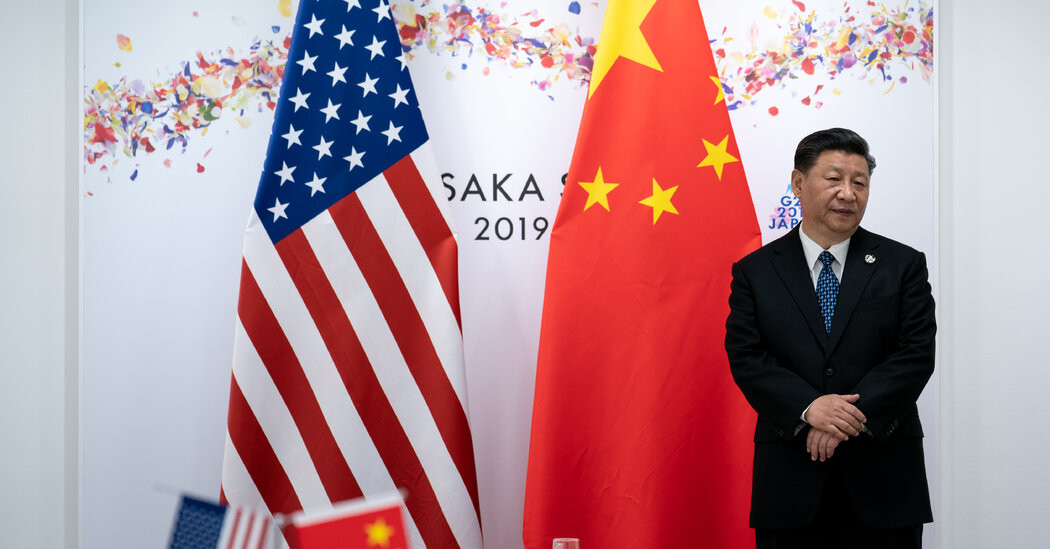

Beijing is trying to win over other countries with vows of economic cooperation. But it won’t back down from its territorial claims, experts predict.
Even as the United States and China take steps to rein in their trade war, Beijing is preparing for broader rivalry with Washington to continue. For China, that means its search for economic and diplomatic opportunities across Asia is unlikely to soften its tough line on its regional territorial claims and military competition.
Both sides have agreed to temporarily cut the startlingly high tariffs they had imposed on each other’s goods. But the tariff truce will not allay other grievances that Beijing has with Washington, such as over a Pentagon vow to shift military forces to Asia and the Pacific, and the continuing efforts to limit China’s access to advanced technology.
The climb-down on tariffs may open the way to a call, and a summit, between President Trump and China’s top leader, Xi Jinping. But Mr. Trump’s high tariffs have already weakened guarded hopes in Beijing that Mr. Xi could appeal to Mr. Trump’s deal-maker side, said experts who have spoken to Chinese officials and policy advisers. While Beijing will vigorously pursue opportunities in talks with the Trump administration, it will steel for a possible flare-up of tensions — repeating the pattern of relations during Mr. Trump’s first term.
“I think it validates Beijing’s view that it was correct to take a dark view of U.S. intentions — and prepare for the eventuality of a second trade war with the policies it has pursued in the years since the first trade war” during Mr. Trump’s first term, said Jonathan Czin, the Michael H. Armacost Chair in Foreign Policy Studies at the Brookings Institution, who formerly worked in the Central Intelligence Agency analyzing Chinese politics.
“My suspicion is that Beijing sees this as a tactical retreat by the U.S. rather than a more fundamental shift away from hostility toward the Chinese Communist Party,” Mr. Czin said of the tariff pause agreed in Geneva.



